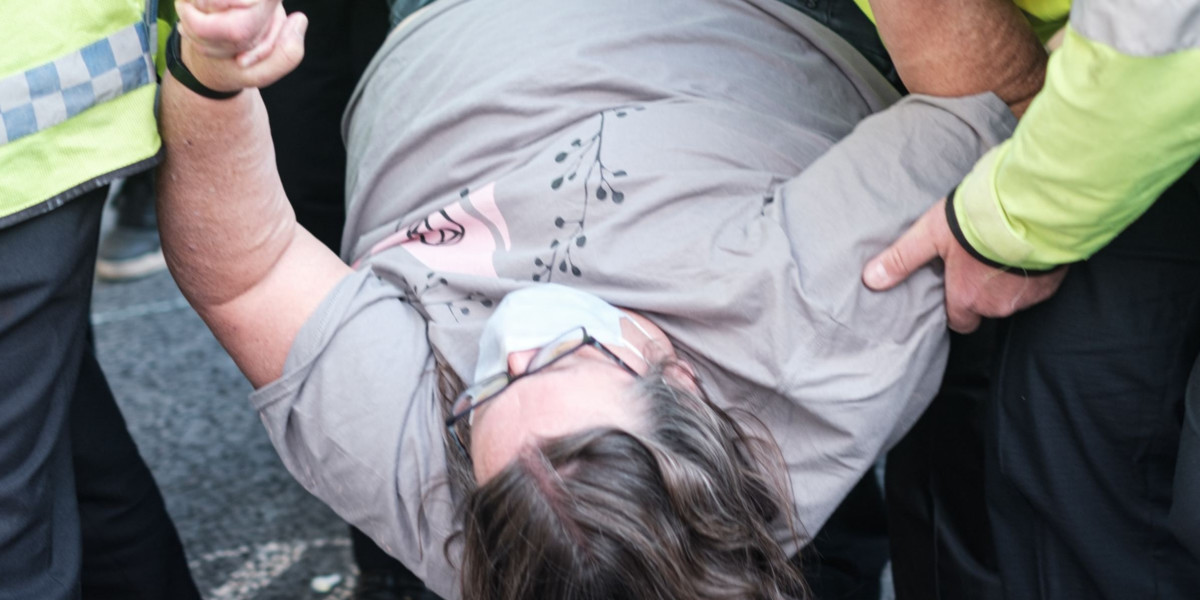If you were a litigant in a personal injury case when the COVID pandemic hit, the mechanics of your case started to change rapidly. First of all, Courts came to a grinding halt for all but emergency matters, and personal injury actions, such as car accidents, did not fit within the scope of the court’s definition of “emergency matters.” So if there was an upcoming court date in your case, such as a preliminary conference, compliance conference or motion, that was administratively adjourned by the Court. If your case was scheduled for a jury trial, that would not be going forward either, because courts would not be assembling juries, with jurors sitting next to one another during the health crisis.
As months went by, the Courts started to do remote settlement conferences and hear and decide pending motions remotely, via teleconference, ZOOM or Skype. Litigants were also permitted to move existing cases forward by conducting depositions remotely via ZOOM or Skype, as court reporting services had this technology available. However, parties were not required to hold depositions remotely, and so, of course, Transit and the City, for the most part, refused to conduct depositions remotely.
Another thing that changed was how personal injury victims obtained medical treatment. Initially, non-emergency surgeries were put on hold so that medical professionals could focus on people diagnosed with COVID. So a car accident victim who needed a shoulder arthroscopy was not able to immediately get this surgery. And most physical therapy offices were closed out of fear of spreading the virus. Many physical therapy offices started offering tele-medicine, whereby treatment was offered telephonically of via ZOOM. It will be interesting to see whether insurance carriers will contend that tele-medicine or home exercise regimens during the pandemic are not the same as in-person physical therapy sessions.



